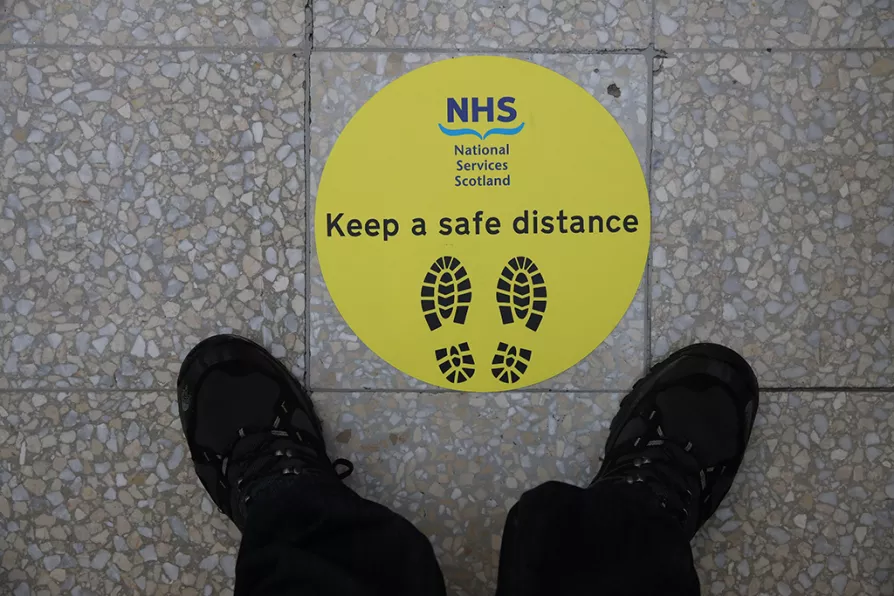The newly elected general secretary of the Aslef train drivers’ union speaks to Ben Chacko about union wins, a welcome shift in approach to the rail sector and what still needs to be done


WORKPLACE rights have been crucial from the very beginning of the pandemic, as arguments raged about workers being expected to self-isolate on statutory sick pay for £95 a week — the price of a bottle of wine in some households. It was evident in the government’s failure to provide PPE for front-line workers, many of whom then became infected and some of whom died.
And it is evident now as we watch the unfolding disaster of the testing regime, with workers once again expected to self-isolate without wages being guaranteed.
Covid-19 has also conclusively demonstrated that British labour law is not fit for purpose and has failed those it is designed to protect.

The Bill addresses some exploitation but leaves trade unions heavily regulated, most workers without collective bargaining coverage, and fails to tackle the balance of power that enables constant mutation of bad practice, write KEITH EWING and LORD JOHN HENDY KC

It is only trade union power at work that will materially improve the lot of working people as a class but without sector-wide collective bargaining and a right to take sympathetic strike action, we are hamstrung in the fight to tilt back the balance of power, argues ADRIAN WEIR

TONY BURKE says an International Labour Conference next month will try for a new convention to protect often super-exploited workers providing services such as ride-hailing (taxis) such as Uber as well as fast food and package delivery










